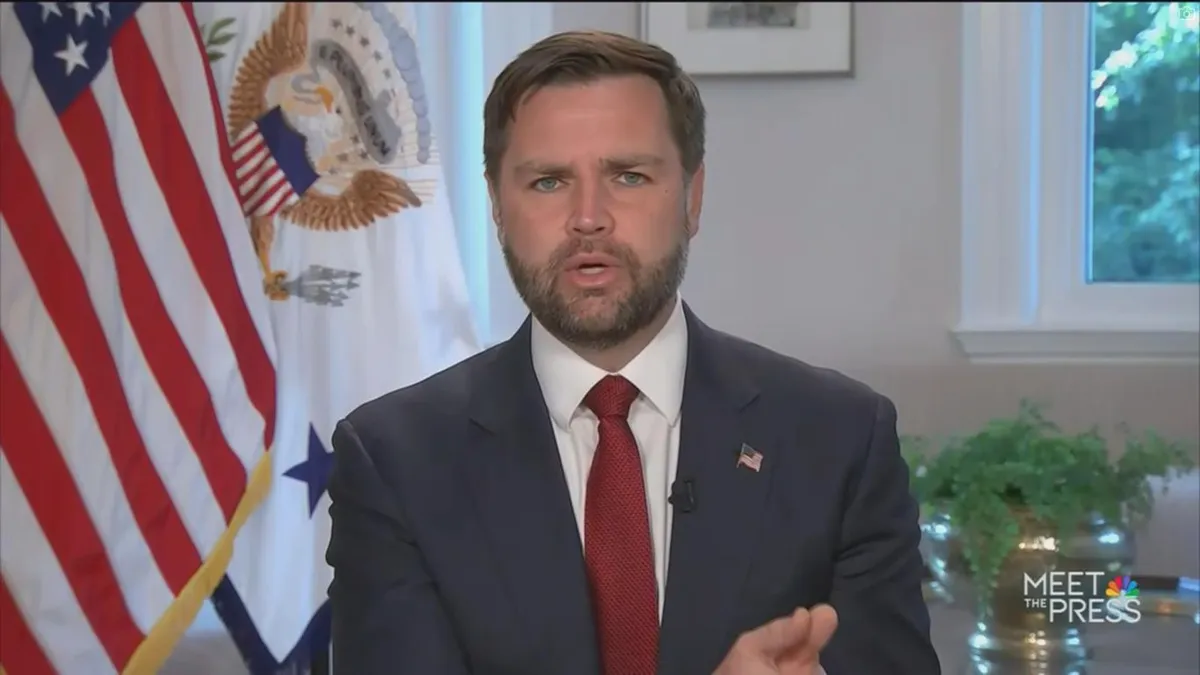
On Sunday, Vice President Vance affirmed that the United States has no intention of deploying ground troops into Iran and emphasized that there is no desire to become embroiled in a prolonged conflict with the nation. This statement comes in the wake of recent military actions aimed at addressing Iran's nuclear ambitions.
During appearances on various Sunday news programs, Vance, along with other officials from the Trump administration, praised President Trump's decision to execute a series of airstrikes targeting three Iranian nuclear sites. The operation, referred to as Operation Midnight Hammer, was characterized by Vance as a "precise" and "surgical strike" specifically designed to protect American national interests by preventing Iran from acquiring nuclear weapons. He expressed confidence that this military action would not escalate into a drawn-out conflict.
Secretary of State Marco Rubio echoed Vance’s sentiments during his appearance on CBS's Face the Nation. He reassured the public that the U.S. does not plan further military actions against Iran unless the nation provokes an attack against Americans or U.S. military installations. Rubio emphasized that the recent airstrikes were a necessary response after diplomatic negotiations with Iran reached a stalemate.
Both Vice President Vance and Secretary of State Rubio stressed that the United States is not in a state of war with Iran. Vance clarified that the conflict is centered on Iran's nuclear program rather than a broader military engagement. "We destroyed the Iranian nuclear program. I think we set that program back substantially," Vance stated in an interview with NBC News' Kristen Welker.
While Vance and Rubio were unable to provide specific details regarding the extent of the damage inflicted on the nuclear sites, Iranian Foreign Ministry spokesperson Esmail Baghaei condemned the strikes as a betrayal of diplomacy. He warned that the responsibility for the consequences of this conflict lies with the United States and Israel. Baghaei refrained from detailing how Iran might retaliate but asserted that the country has the right to defend itself.
The Trump administration has made it clear that it does not seek regime change in Iran but rather aims to address the threats posed by its nuclear ambitions through targeted military actions and diplomatic efforts. As the situation unfolds, both U.S. officials and the international community will be watching closely to see how Iran responds to these recent developments.